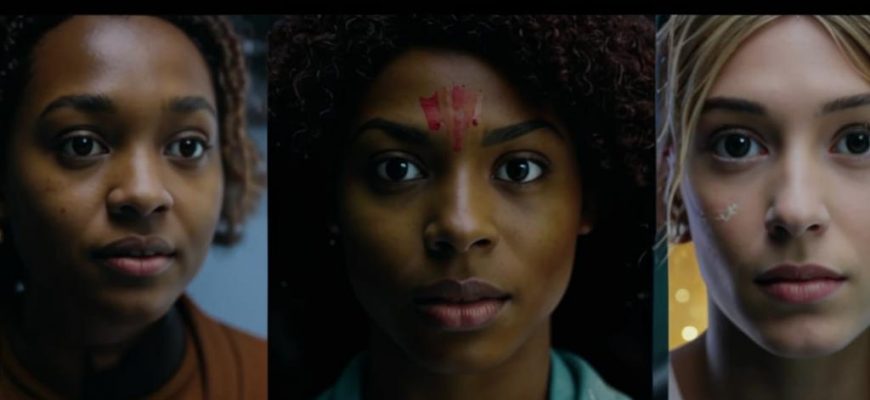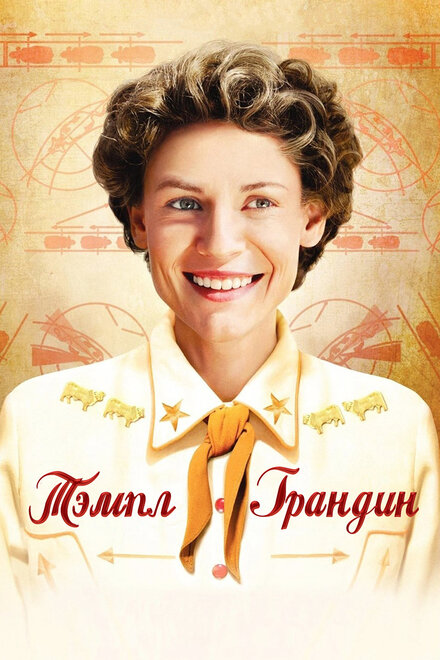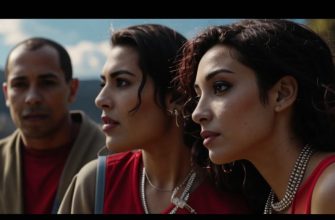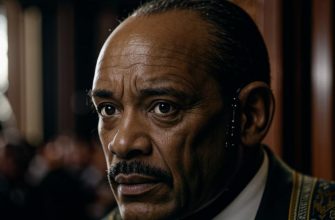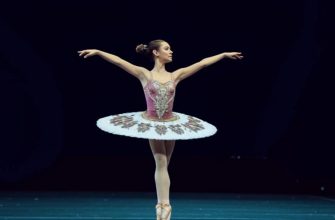Neurodiversity refers to the concept that neurological variations are a natural part of human diversity. This perspective acknowledges and appreciates differences in brain functioning and behavioral traits as part of the normal variations in the human population. Films about neurodiversity often explore the lives, challenges, and unique perspectives of individuals with autism, ADHD, dyslexia, and other neurological conditions. They aim to shed light on the experiences of neurodivergent individuals, challenge stereotypes, and promote understanding and acceptance.
“Temple Grandin”, 2010
Director: Mick Jackson
Based on the life of Temple Grandin, an autistic woman who became one of the top scientists in the humane livestock handling industry, this film highlights her early life, her struggle with autism, and how she uses her unique way of thinking to break down barriers in her field.
Starring: Claire Danes, Julia Ormond, David Strathairn, Catherine O'Hara, Stephanie Faracy, Barry Tubb, Melissa Farman, Steve Shearer, Richard Dillard, Jenna Elizabeth Hughes;
Production year: 2010;
Genre: drama, biography;
Age: 18+;
Duration: 107 min.;
Rating: IMDB: 8,2;
“The Imitation Game”, 2014
Director: Morten Tyldum

While not solely about neurodiversity, this historical drama focuses on Alan Turing, a mathematician who played a pivotal role in breaking the Nazi Enigma code during World War II. The film touches on Turing's social awkwardness and speculated neurodivergence, alongside his homosexuality, showcasing the challenges he faced due to his identity and contributions.
Starring: Benedict Cumberbatch, Keira Knightley, Matthew Goode, Rory Kinnear, Allen Leech, Matthew Beard, Charles Dance, Mark Strong, James Northcote, Tom Goodman-Hill;
Production year: 2014;
Genre: biography, war, drama, history;
MPAA rating: pg13;
Duration: 114 min.;
Rating: IMDB: 8;
More information about the film “The Imitation Game” on the website imdb.com
“My Name Is Khan”, 2010
Director: Karan Johar

This Indian film follows Rizwan Khan, a man with Asperger's syndrome, who embarks on a journey to meet the President of the United States to clear his name and prove his loyalty to the country after being wrongfully associated with terrorism. The film delves into themes of love, prejudice, and the power of perseverance.
Starring: Shah Rukh Khan, Kajol, Katie Amanda Keane, Kenton Duty, Benny Nieves, Christopher B. Duncan, Jimmy Shergill, Sonya Jehan, Parvin Dabas, Arjun Mathur;
Production year: 2010;
Genre: drama, melodrama, adventure;
MPAA rating: pg13;
Duration: 155 min.;
Rating: IMDB: 7,9;
More information about the film “My Name Is Khan” on the website imdb.com
“Loop”, 2019
Director: Bruno Bini
A short film from Pixar's SparkShorts program, detailing the experience of a non-verbal, autistic girl and a talkative boy who learn to understand each other while canoeing together. The film is noteworthy for its attempt to authentically represent the perspective of a non-verbal individual through its sound design and storytelling.
Starring: Bruno Gagliasso, Branca Messina, Bia Arantes, Nikolas Antunes, Roberto Birindelli, Zécarlos Machado, Juliano Coacci, Lis Luciddi, Sandro Lucose, Luciano Bortoluzzi;
Production year: 2019;
Genre: science fiction, drama;
Age: 18+;
Duration: 98 min.;
Rating: IMDB: 6,5;
“The Reason I Jump”, 2020
Director: Jerry Rothwell

This documentary is an adaptation of the book by Naoki Higashida, a non-verbal autistic writer from Japan. The film explores the experiences of non-verbal autistic people around the world, offering profound insights into their minds and perceptions, thus broadening the viewer's understanding of neurodiversity.
Starring: Donna Budway, Emma Budway, Jeremy Dear, Joss Dear, Aarti Khurana, Amrit Khurana, Stevie Lee, Benjamin McGann, Bertra McGann, David Mitchell;
Production year: 2020;
Genre: documentary, drama;
Duration: 82 min.;
Rating: IMDB: 7,4;
More information about the film “The Reason I Jump” on the website imdb.com
These films, each in its own way, contribute to the conversation around neurodiversity, challenging viewers to rethink their perceptions and understand the rich spectrum of human neurology.
In conclusion, films about neurodiviversity provide a window into experiences often marginalized in mainstream media. By portraying the rich tapestry of neurodiverse lives, these films challenge stereotypes, celebrate differences, and foster a deeper understanding and empathy among audiences. From the raw and real portrayals of autism in “Temple Grandin” to the nuanced depiction of savant syndrome in “Rain Man,” and the exploration of ADHD in “Percy Jackson & the Olympians: The Lightning Thief,” cinema has the power to illuminate the spectrum of neurodiversity in all its complexity. These stories not only assert the value of neurodiverse individuals but also highlight the need for inclusive representation that transcends tokenism. As the film industry continues to evolve, it is imperative that it embraces this diversity in both its storytelling and its storytelling voices, ensuring that neurodiverse narratives are heard, respected, and celebrated. Through empathy and understanding, these films have the potential to effect real change, making the world a more inclusive place for everyone, regardless of neurological makeup.

